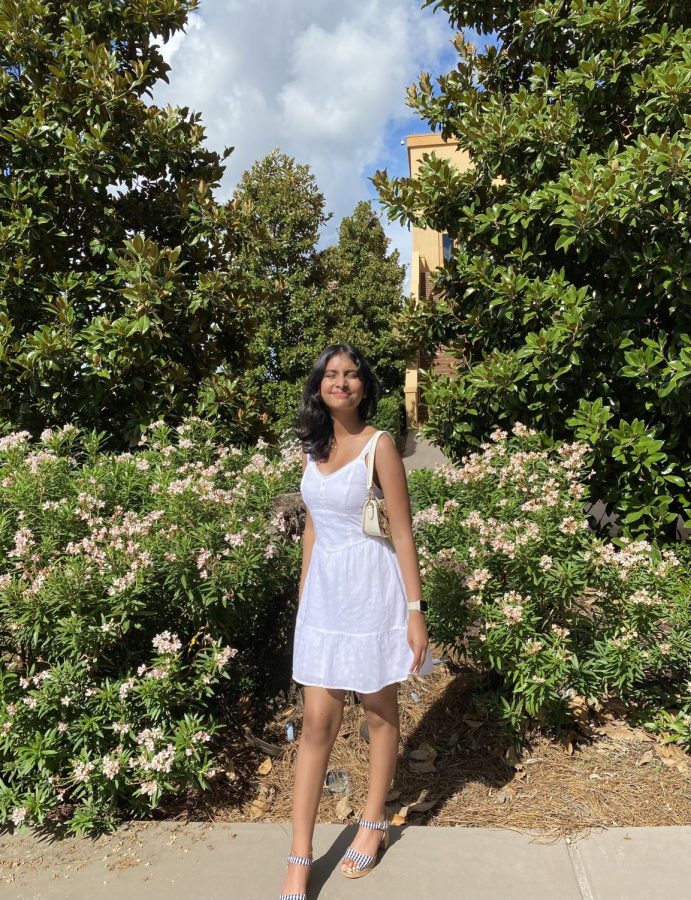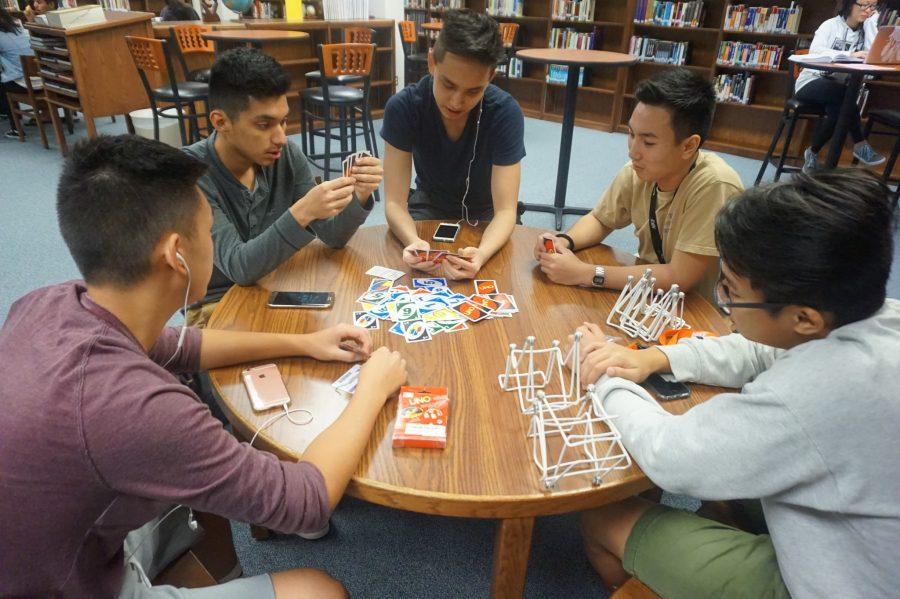A soft knock sounded on the bedroom door. However, junior Minh Nguyen does not glance up, too immersed in his textbook. The doorknob turns, and cool air rushes in. His mother peeks through the open crevice and urge him to sleep.
He shakes his head. He needs to finish studying.
The next day, Nguyen sits in for his Advanced Placement United States History (APUSH) test. A week later, he’s bewildered by the “75 C” inscribed in the small grade box on his testing slip.
Students like Nguyen find it almost impossible to reach desired test grades, despite how extensively they study.
“I read the textbook, do an outline, and then do the review,” he said. “It takes at least three hours.”
Even then, his test grades are in the C average range, he says… One B. Never an A.
APUSH teacher Michael McGuckin believes the reason for poor test results is because students don’t know why they are studying.
“When students study for a test, many look for quick answers, a fact or two,” McGuckin said.
This is not enough. The most successful students do more: they grasp the big picture. They find patterns by looking at small details and facts. From those patterns come new ideas, which can then help overcome previous difficulties in grasping a concept.
McGuckin suggests using graphic organizers while studying as one solution. They lay information out in a way that forces the student to see how one detail relates to another.
“Graphic organizers help kids see the larger picture, or ‘The Whole,’” he said.
In the end, a deadline-meeting student may not always get As on tests. The high-scoring students utilize high cognitive skills.
“When students are 15 to 19 years old,” McGuckin said, “[most] go through a concrete change in their brains. They begin to grasp abstract facts and form conceptual wholes. Until that time, people grasp concrete facts.”
Nguyen has another solution: study group.
“I tried pulling all my friends together and just discuss the chapters,” he said. “It helps because I get to see it from my friend’s point of view and where I went wrong.”
While his test grades improved only slightly, Nguyen is content knowing that he actually understands much of the information presented in the textbook.
From completing graphic organizers to forming study groups, studying for a test takes a lot of work.
Seniors Jefin Jacob and Noussair Erassifi can relate.
Both would begin reading or re-reading the textbook the night before or on the day of the test. While the studying is ‘done,’ it may not be enough to ace their tests.
Jacob regards Advanced Placement Calculus as his most difficult class. When it comes to math, simply skimming the material will not do any good on exam day.
“I need to do a lot of practice on [a certain concept] to get better,” Jacob said.
Erassifi agrees.
“Read actively,” he said, “as in don’t just read like a zombie and go through it. When you read ten pages, stop and summarize what you just read.”
Often times, it’s not that students do not study: they may not have time to do so. Good Habits coordinator Jan Kolk advises students to keep deadlines in mind. Deadlines tell students which assignments should be prioritized and completed first.
“Determine how much time is available, and then plan backwards and “chunk” the PAK, so a little bit gets done each day,” Kolk said. “Complete the parts of the PAK that are worth the most points first.”
Doing so will give students more time to study, but, as important as studying is, Kolk also thinks that students should not be discouraged by undesirable test grades.
“This can be a really self-image breaker, and they give up,” she said.
Instead, students should continue to explore which study methods will work best for them.
“Students need to look at their own habits and determine what is working for them and what is not working for them,” Kolk said. “[Students] should follow up with their “new” habits. It takes consistent repetition of a “new” behavior to make it a habit.”
Studying requires skill, but above all, it’s about finding and keeping the methods that works best for oneself.
“It’s up to you,” Nguyen said. “It would be better if you had your own [study secrets] because you understand yourself and only you understand how to do certain things.”


